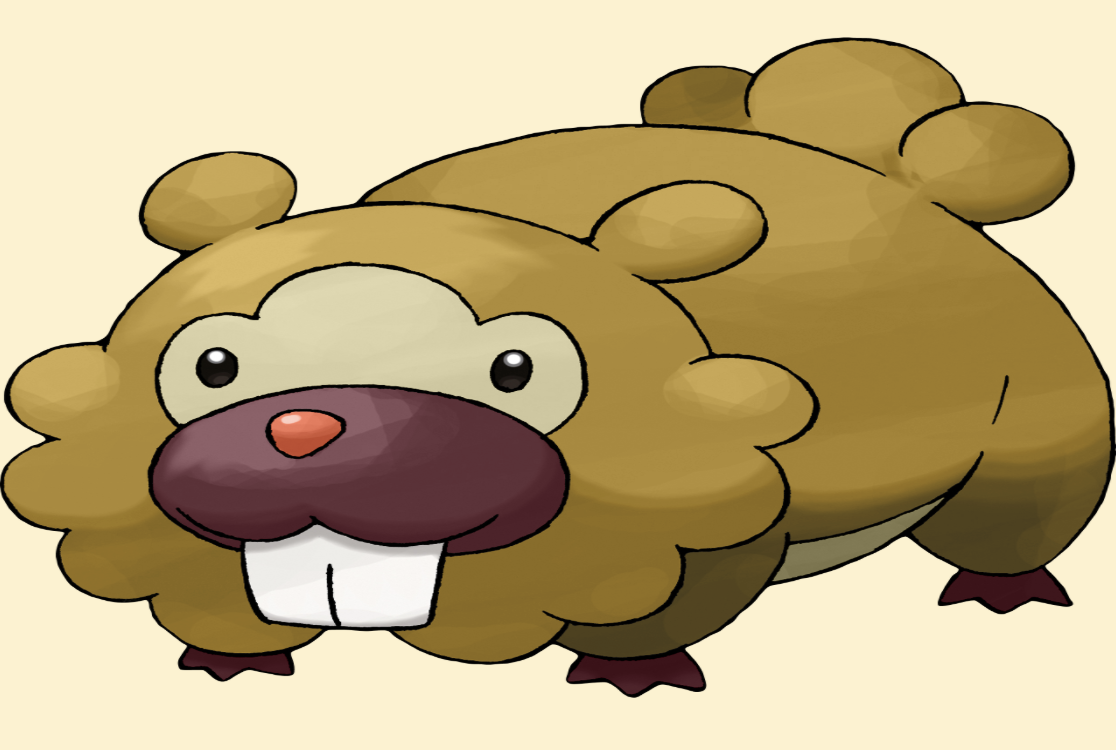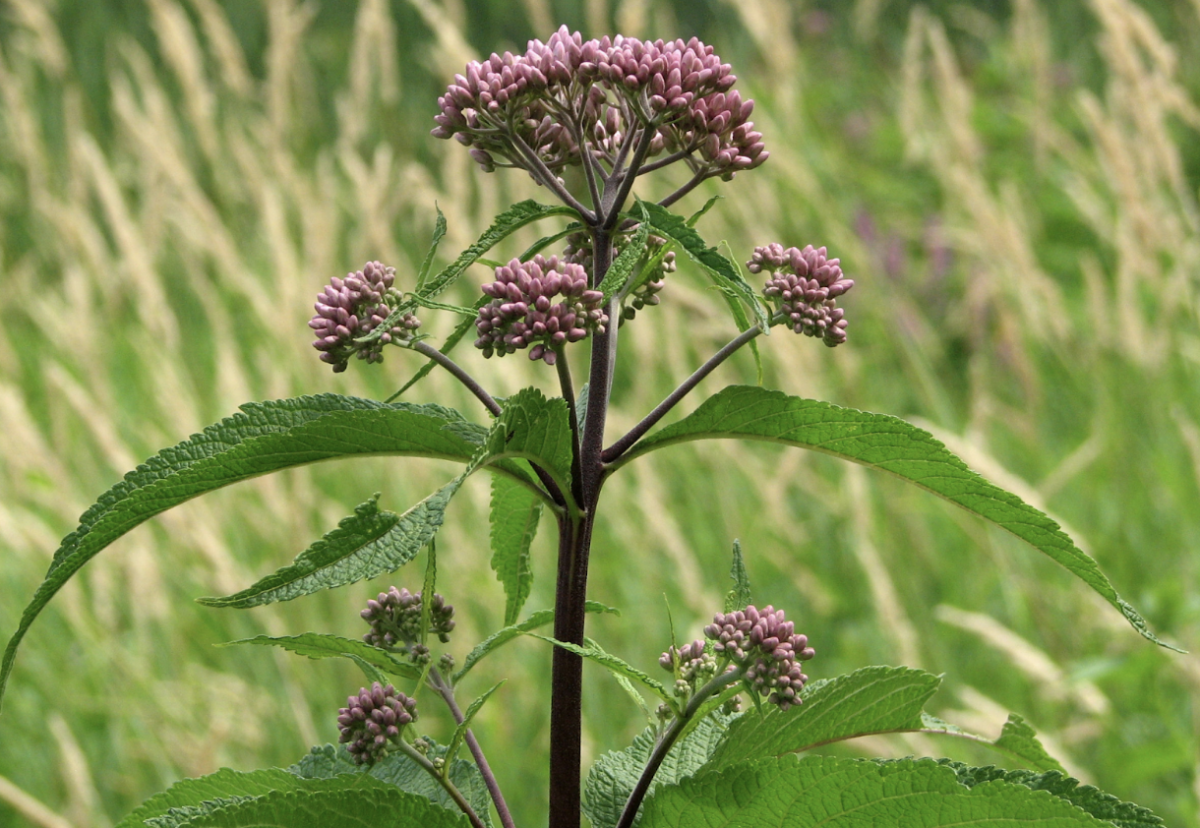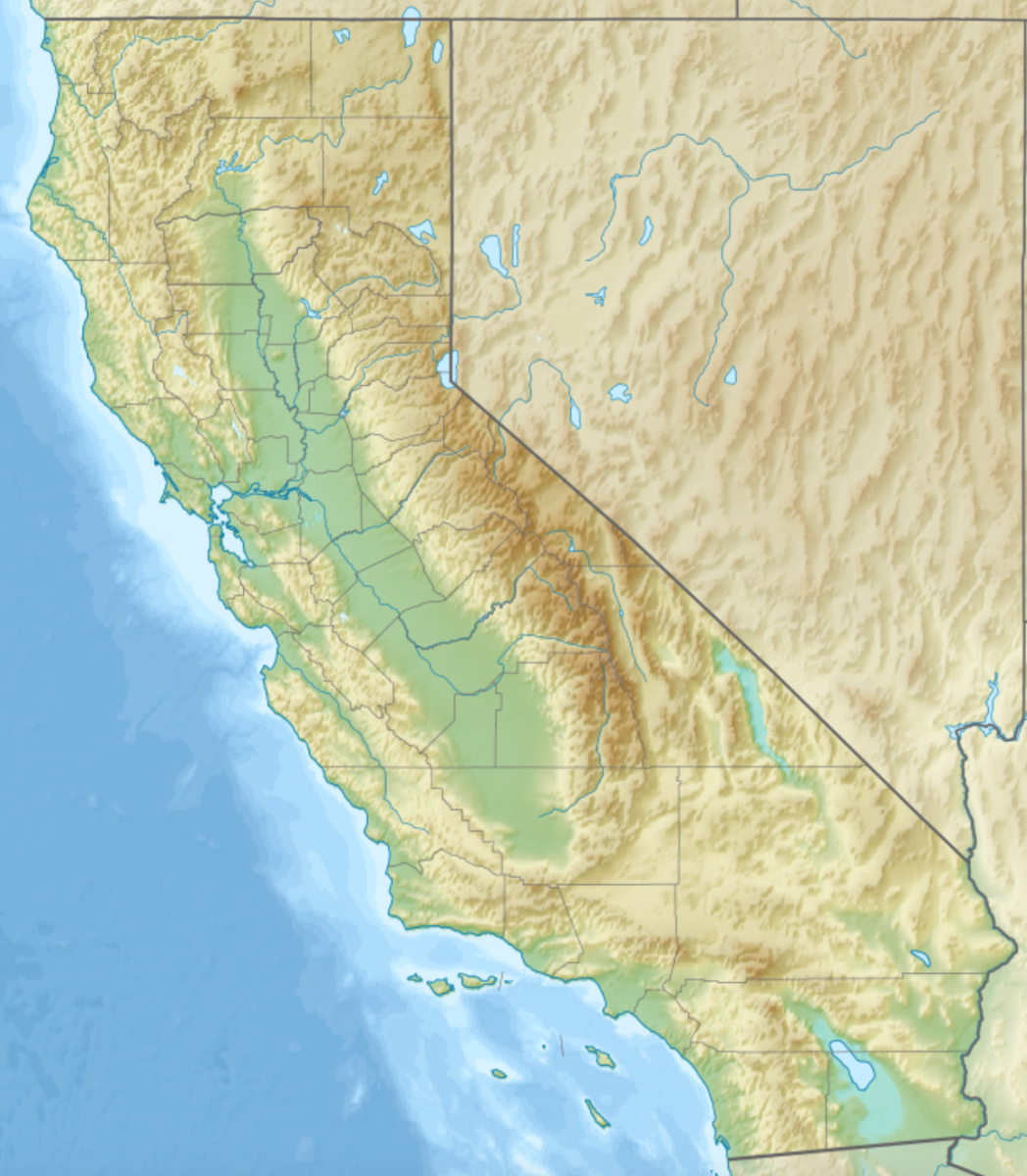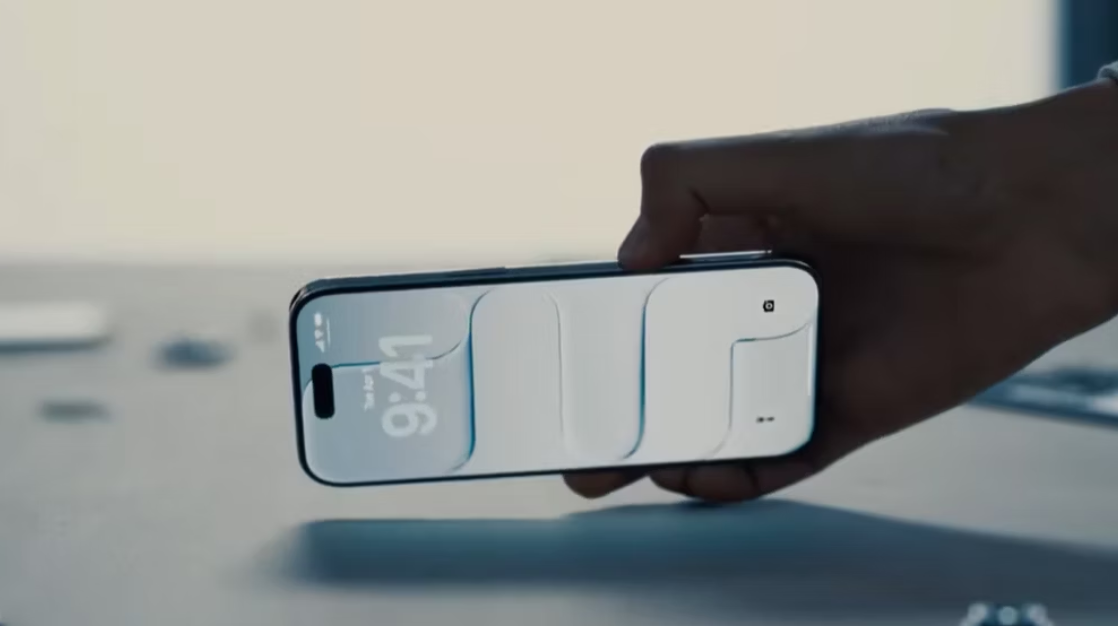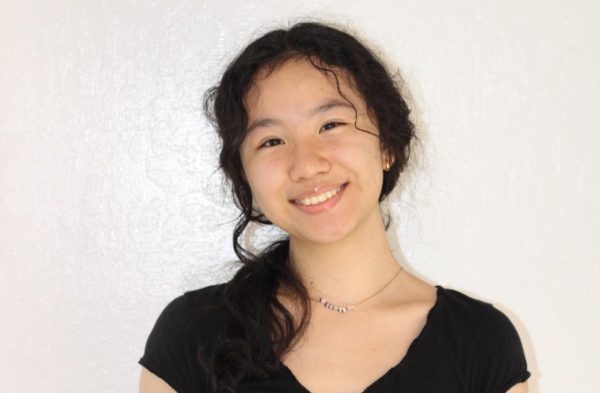
Disclaimer: This interview consists of opinions based on different experiences from different students. While this publication may be used to gain some insight into the college app process, please remember that there is no “perfect formula” for getting into college and college applications vary by person. What works for one person may not work for another! Use your best judgment when taking advice from these interviews.
All interviews with The Quill are done with permission from the students. In order to protect their privacy, they may opt to be anonymous or just use their initials.
Alina: Hi Anon1!
Anon1: Hello.
Alina: Now pretty much all college apps are over, how do you feel?
Anon1: Pretty bored. I kinda of want college apps back. My life was so full. [Anon2: Wait, to be honest, I get what he means.] I’m so empty right now, I’m so empty without work to do.
Anon2, in the background: He feels so empty, he has a college he’s committed to. [LOL]
Anon1: I’m actually more stressed out now than before college apps, because I feel like I’m doing nothing.
Alina: Okay, how was your college app process like?
Anon1: Pretty fun—wait, I’m being so real. So biggest thing was not working at school, and working at home. It kind of sucks working at school; I try to destress at school, and do all the work at home. I do all my homework and lab work before midnight, and midnight to one was my essay time, every day.
Alina: Advice for college apps?
Anon1: Just get into your REA school, because you can write less essays— I’m kidding, I’m kidding [….] Honestly, I feel like I’m kind of a huge outlier, because I wrote a lot of essays, but it didn’t work out in the way I expected it to. Like my work was not rewarded in the way I expected it to be, cause I wrote so many essays but I ended up not turning them in. So I can’t even say “don’t procrastinate” because that didn’t work out for me [Anon2 & Alina, sarcastically: Aww..] I would still promote writing ahead of time, just setting aside one hour per day to write essays. Honestly, I feel like if you set aside one hour per day you can apply to like 40 schools, and I think you should apply to as many schools as you can.
Alina: Could you talk a little bit more about your extracurriculars, like research, competitions, etc.?
Anon1: Okay so I have like zero competitions, and honestly, I think competitions are kind of [redacted]. So out of ten of my extracurriculars, four were research-related, and I had a lot of athletics, like climbing and volleyball. A note about athletics is that it doesn’t even matter if you do it or not, what matters is what value you bring out of it and it influences what other stuff you’re interested in. For me, athletics was a way to implement science I knew, so that’s how it became special to me. I had other stuff like volunteering—honestly, don’t volunteer, it’s kind of a waste of time. And clubs, they’re kinda useless, don’t do clubs, just do research. [Everyone: Um…] I’m giving real advice here…
Alina: How did you find your research opportunities?
Anon1: One of them was called ASDRP—now, don’t do that because it was a waste of money and time too. But it did give me the experience needed to apply to summer programs, cold-email professors, and get research opportunities. And I got pretty lucky, yeah. Email as much as possible, and don’t be so dejected if someone doesn’t respond to you or says “no” to you, because that’s going to be the case 90-95% of the time. Or reach out to people you’ve known previously, like people in summer programs, because if you know even one person it increases the possibility.
Alina: How was testing for the SAT or ACT?
Anon1: I did the ACT. If you’re a BISV student, anyone can do it as a freshman and has the knowledge to do, you just have to practice.
Anon2: They’re also digital now.
Anon1: Try to get it done your freshman or sophomore year, because you get really busy in junior year, just with extracurricular and school tests, like APs. So you really want to get it done when there’s not as much going on.
Alina: Any advice for taking APs or Capstone courses?
Anon1: Reach out to seniors. Take what you want to take because in the end, you’re going to be stuck with it until the end of Trimester 2 [T2] and you’re going to regret taking classes you don’t want to take. On the other hand, take easier classes because you’re going to be stuck with it in T2 when you don’t really want to do anything.
Alyssa: Really consider how badly you want the high honors diploma, in case you’re gonna end up regretting it once you get into T2 or T3.
Aditi: And colleges don’t really even know or care..
Anon1: Okay so I believe about 90% of Americans have a high school diploma. By getting a high honors diploma, you’re going to be better than, like, 40 extra people, in the job force.
Aditi: I don’t think high honors exist in other schools. [Anon1: Exactly.]
Anon2: Before doing AP Research, consider doing the fact that they don’t give you the same scholarship the Senior Project could give you. [Aditi: It’s $10,000…] Yeah, and you won’t qualify for it.
Nivedita: But don’t do Senior Projects just for the scholarship, because there’s a low chance you’re going to get it.
Aditi: And also, AP Research used to get a scholarship.
Anon2: It might just be better off working during T3, or just like enjoying the rest of your life before college.
Anon1: That’s why I say, like, if you don’t have anything to do, I recommend doing a Senior Project.
Nivedita: I guess, but I mean, if you have a plan for the Senior Project, then do it. Otherwise, don’t do it—there’s no real point.
Anon1: Don’t force yourself to do a Senior Project, think of it as an opportunity to do something you like. Don’t think of it as something where you need to find something you like.
Alina: Any differing opinions or thoughts about clubs, competitions, etc.?
Anon1: If you’re senior and you’re President of a club, you’re really going to regret it.
Aditi: And don’t take any APs senior year, because 13 is more than enough, you don’t need 17 to do well.
Nivedita: Plan your high school well, make a whole plan. If you can take more APs, I’d say go for it, but don’t feel pressured to take like 16 APs. And don’t take it senior year, that’s just a bad idea. [Aditi: Yeah.] I didn’t really do many competitions later in high school, and for the ones I competed in, I didn’t do too well, so I don’t really think it helped at all. [Anon1: Do the Brain Bee. Or if you have subjects you’re passionate about..] Oh yeah, passion projects are good. [Anon1: Wait, I, I- was promoting the Brain Bee.] I know, we don’t care. [LOL]
Anon1: Okay but lowkey, but the Brain Bee is such a free competition. If you actually spend the time to do it, it’s like a free dub.
Nivedita: If you’re passionate about a subject, then do something about it. It doesn’t have to be a competition, it could be “I started a club” or “I’m part of this club” or “I’m doing this on the side”—it doesn’t have to be like creating a nonprofit, but just, if you have a passion, do it and emphasize on it in essays.
Anon1: And for the Brain Bee. Like If you’re thinking of doing USABO [USA Biology Olympiad], don’t do it and instead spend the time on Brain Bee, because you can sound much cooler and it’s a pretty decent and fun competition. Actually, no. Don’t listen to me. I recommend not doing USABO because, for most people, it doesn’t really work out in the end, unless you’re at camp level. Same with USACO [USA Computing Olympiad]. I recommend math competitions because they’re actually pretty fun and give you critical thinking skills that will carry with you throughout your life. [Nivedita: Sure, hun. I gave up on math competitions..]
Alina: Do you have any advice on applying to summer programs?
Anon1: Okay I have a huge opinion on this. 90%…no, like 99% of summer programs are actual scams [agreement in the Senior Lounge]. They actually ask for so much money and they don’t really teach anything.
Nivedita: And a lot of the time on the CommonApp you don’t really put two-week summer programs… [Anon1: Wait I did that.] Well yeah, I kind of mentioned it, but I didn’t really put it on the CommonApp. Especially if you’ve done a ton of small ones, but I would say if you find some that are really really interesting, I’d say, if it’s in a good price range, go for it…? [Anon1: None of them are in a good price range though…]
Aditi: But I wouldn’t say do it for the sake of doing it.
Nivedita: Yeah, don’t do it for the sake of doing it. Be selective, because you can start research, and you can do a bunch of other stuff over it.
Anon1: I still feel like SIMR [Stanford Institutes of Medicine Research Program] isn’t a scam. [Nivedita: Yeah that makes sense, but it’s also really hard to get into.] Guys, apply to SIMR. [Aditi: And one of you guys will get in.] Yeah, one of you guys. Probably. [Aditi: Maybe.] And [Boston U’s] RISE [Research in Science & Engineering] is pretty good. [Alina: And RMP [Research Mentorship Program].] I think RMP is kind of lame because they waitlisted me. Oh wait, RISE also rejected me, so no RISE, RISE is a scam. Go for RSI [Research Science Institute]. Jokes, anyways unless they’re summer programs that you’d consider “S Tier,” you should really double-think going to a summer program. If it’s for fun, then yeah. Like residential summer programs like YYGS [Yale Young Global Scholars], they really help expose you to new people and ideas, but they’re also really expensive. And if all you really care about is going to college, I think it’s better to spend time taking a community college course or doing a passion project.
Aditi: For summer programs, if you don’t get into the ones you want to go to, try to get research opportunities by cold-emailing. Try to do it at the same time as summer applications, so you have more options.
Anon1: Okay, here’s an idea to some random junior. If you don’t get into summer programs, get an axe [Nivedita: Oh my god…], like ten sets of clothes, go into the woods, and try to survive the whole summer. I think that’ll make for a wonderful personal statement.
Alina: …Okay, thank you!
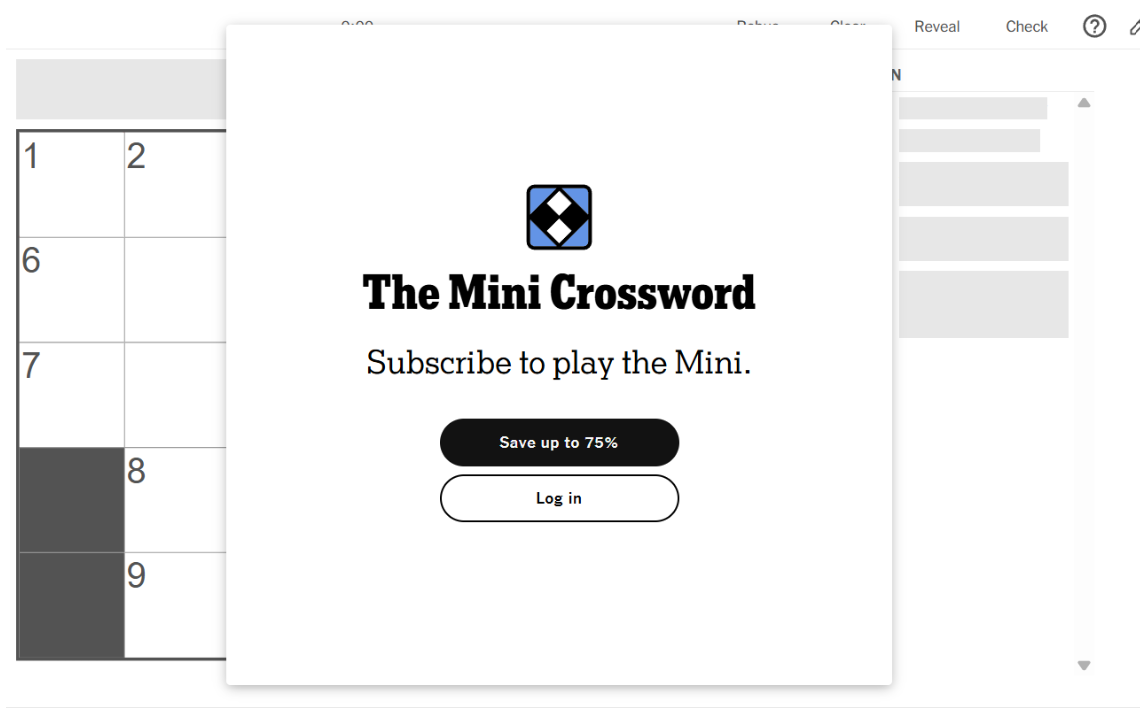







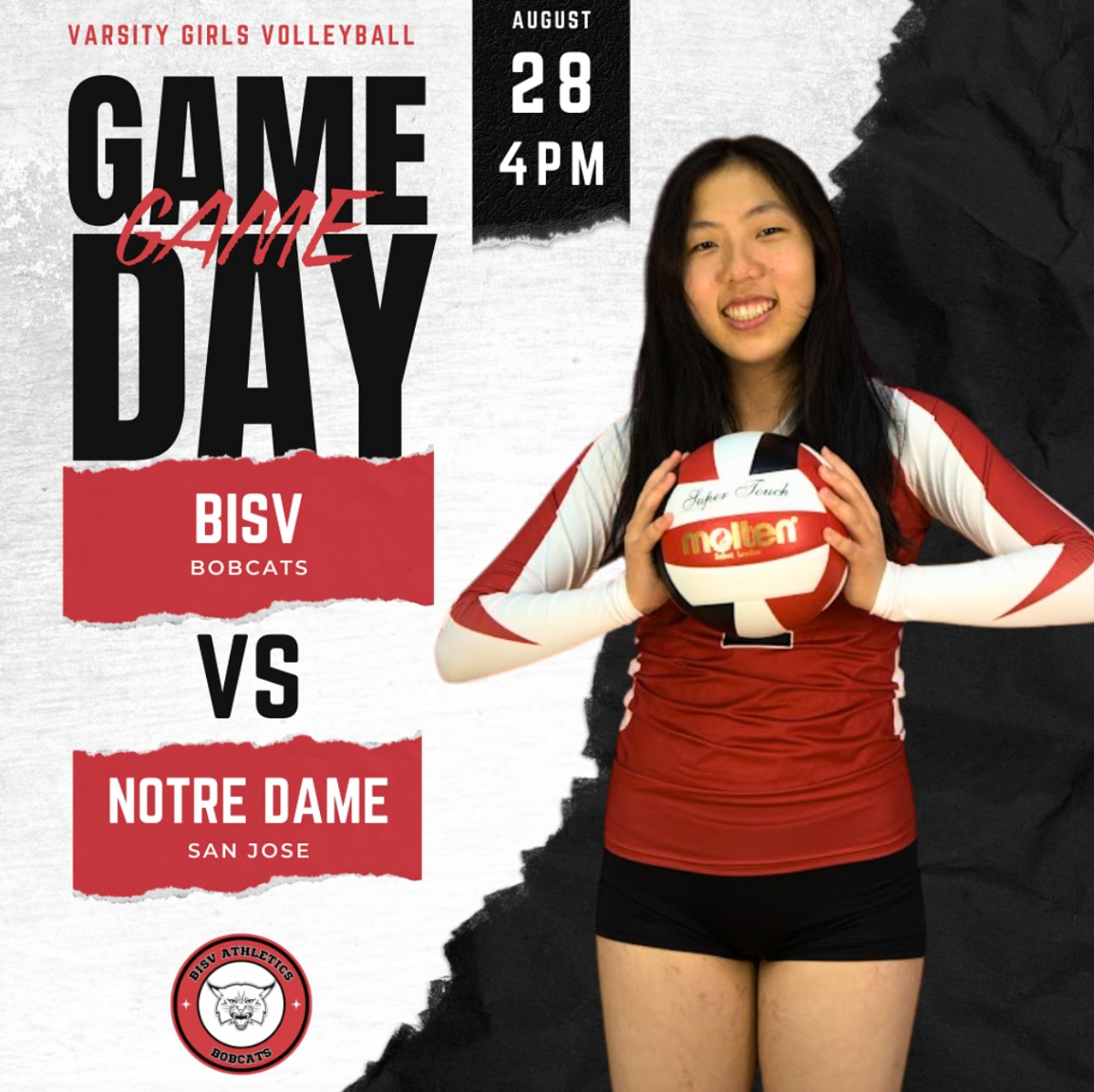
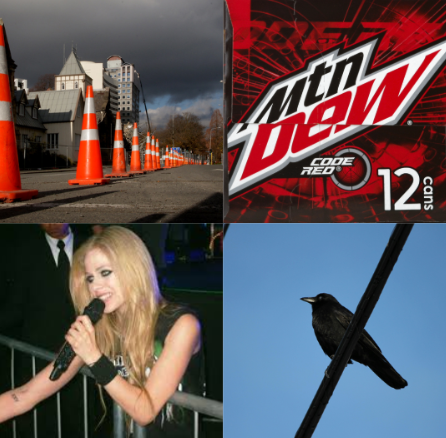
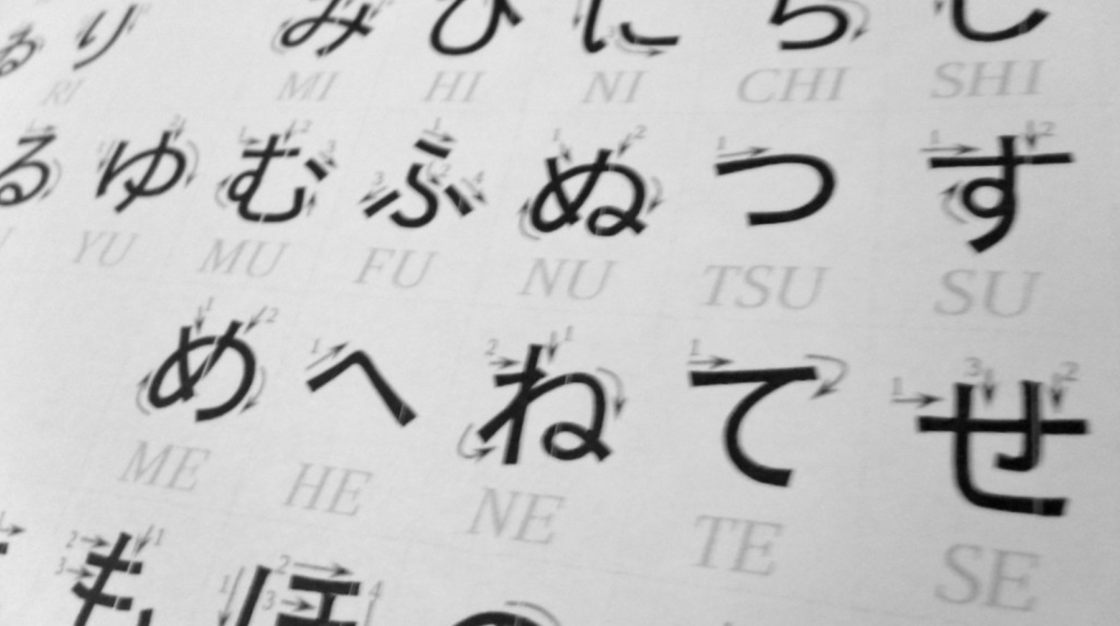
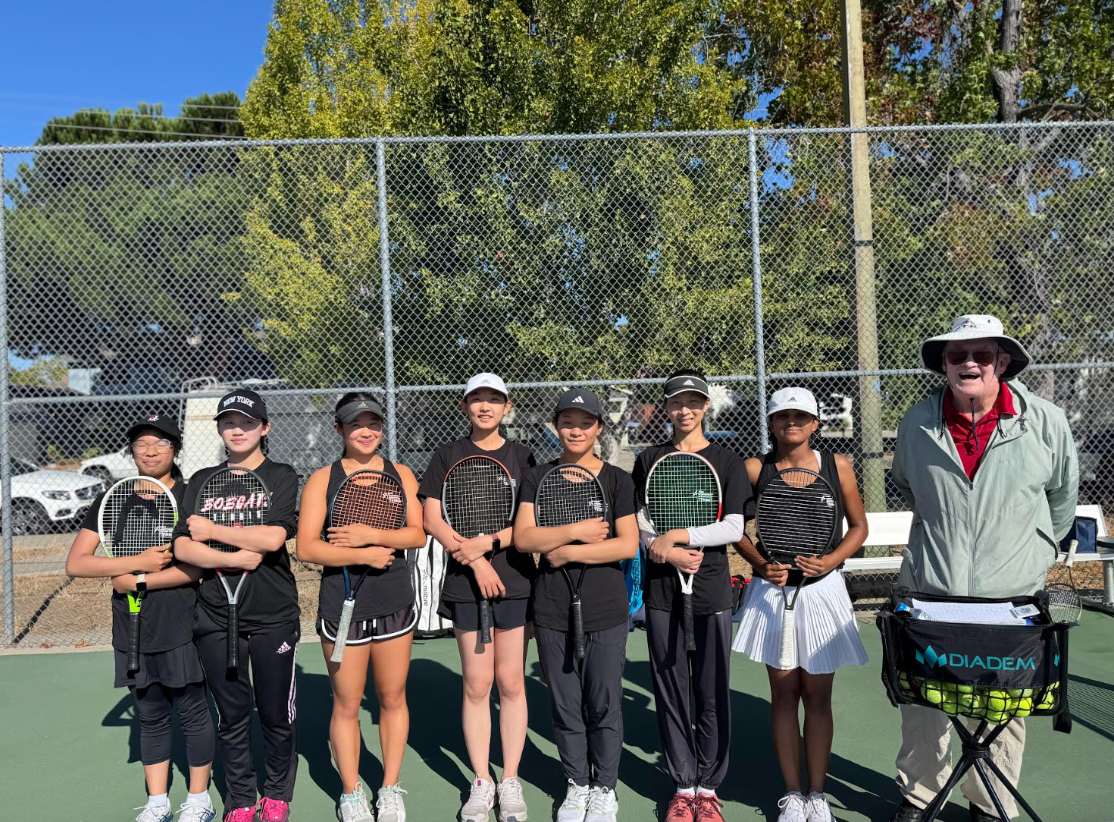





![Teacher [Milk] Tea: Part 2](https://bisvquill.com/wp-content/uploads/2024/03/Screen-Shot-2024-03-19-at-9.28.48-PM.png)











